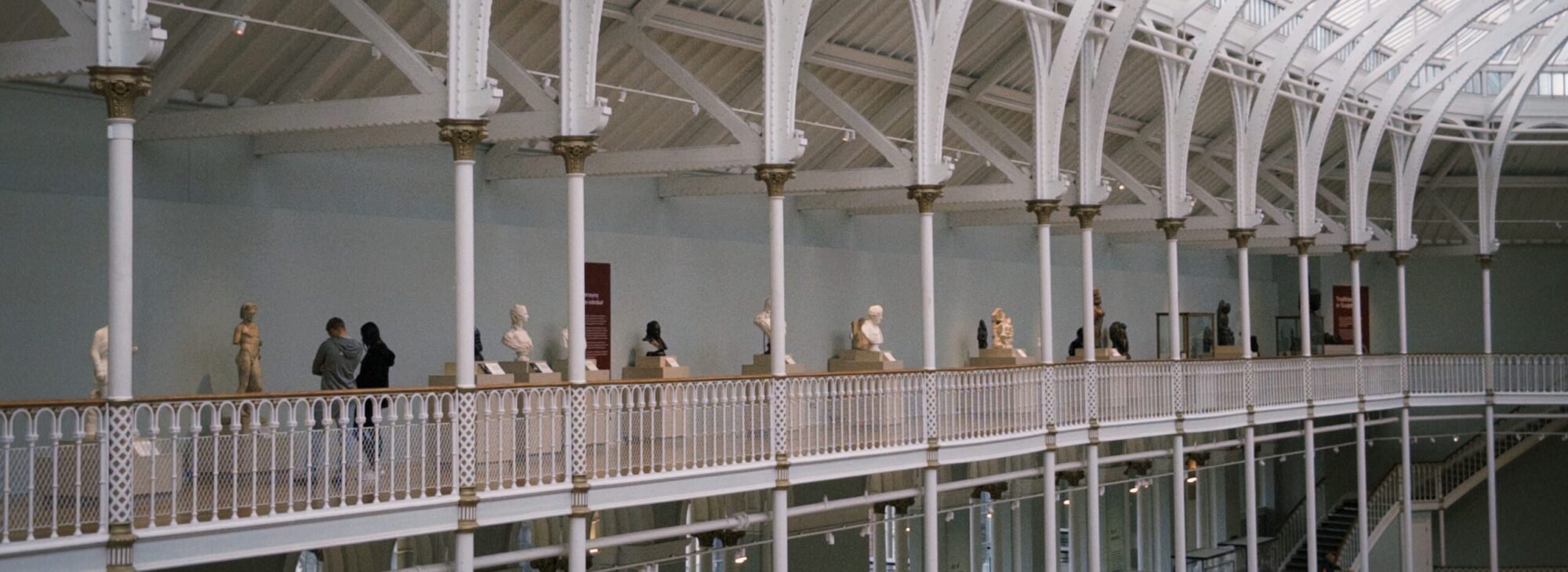It feels like the perfect space to step back and ask bigger questions
Back in my undergraduate studies in journalism, I was drawn to data journalism because it showed me how numbers and visuals could change the way people understood stories and news. At the same time, I noticed how much digital platforms shaped what stories were told in the first place. How do digital technology influence our everyday choices? Who gets seen and who doesn’t? And what kinds of power relations are built into platforms and data systems? What kinds of social inequalities get reproduced or challenged in digital spaces? That is reasons I’m interested in Digital Sociology.
Selwyn(2019) points out, digital sociology pushing us outside of our comfort zones and encouraging us to think in provocative, promiscuous and pragmatic ways.
So for me, digital sociology is not only about data, but also about observing how digital technologies penetrate into our society and everything we do in our daily lives, and exploring how to understand all of this.
At the beginning of this learn journey
The topics which caught my attention immediately were Week 8 on identity and Week 9 on colonialism. I am curious about how people build and perform their identities online, and the keywords for Week 8—social construction, digitally mediated communication, and selfies—felt really close to things I notice every day. I find it fascinating how something as ordinary as posting a photo can also be a way of shaping how others see us, and even how we see ourselves.
Week 9 stood out for a different reason. The focus on decolonial computing, divestment, and genocide sounded intense. It made me think about how technology isn’t neutral. This connects to why I wanted to study Digital Sociology in the first place: not just to understand the fun or everyday parts of digital life, but also to face the bigger political and ethical questions behind the systems we use all the time.
The idea of my own research

For my research idea, currently, I am interested in the related issues concerning "algorithmic systems & recommendation algorithmic".
It is impossible to separate today’s internet from algorithms whether is using it for entertainment or for receiving information. They don’t just organize content — they also shape our attention and our sense of what voices are worth hearing. This makes me wonder: If these algorithms were privately designed within the existing social structure, would they eventually reproduce the inequalities that we observe and experience in society?
The thing I'm looking forward to
During this year, I’d like to try out different digital research methods, especially want to personally participate in the field studies.
One of the things that makes digital sociology interesting is that it doesn’t just look at numbers or data — it also pays attention to people’s true lived experiences with technology. Field studies and qualitative research are really important here, because algorithms, platforms, and devices don’t exist in isolation. They’re always part of people’s everyday routines, relationships, and identities. For example, two people might be using the same app, but their experiences can be very different depending on their background and culture.
This means moving far beyond easy distinctions between “online” and “offline” and to understanding the deeply entangled relationships between technology, media, bodies, and data. -- ,
Qualitative methods help us see these differences, and understand how digital systems actually feel and function in practice. This matters because purely quantitative approaches which is difficult to truly understand the underlying meaning and the social processes. I believe that studying people's subjective experiences, meaning construction, and social relationships largely relies on qualitative research.
I hope this course can give me both the theoretical foundation and the practical methods to study these kinds of questions. I'd like to say this year is a chance to explore and learn more.
(by Peach_iStock, visit at https://www.istockphoto.com/en/photo/abstract-modern-tech-of-programming-code-screen-developer-gm1386341272-444661019)


